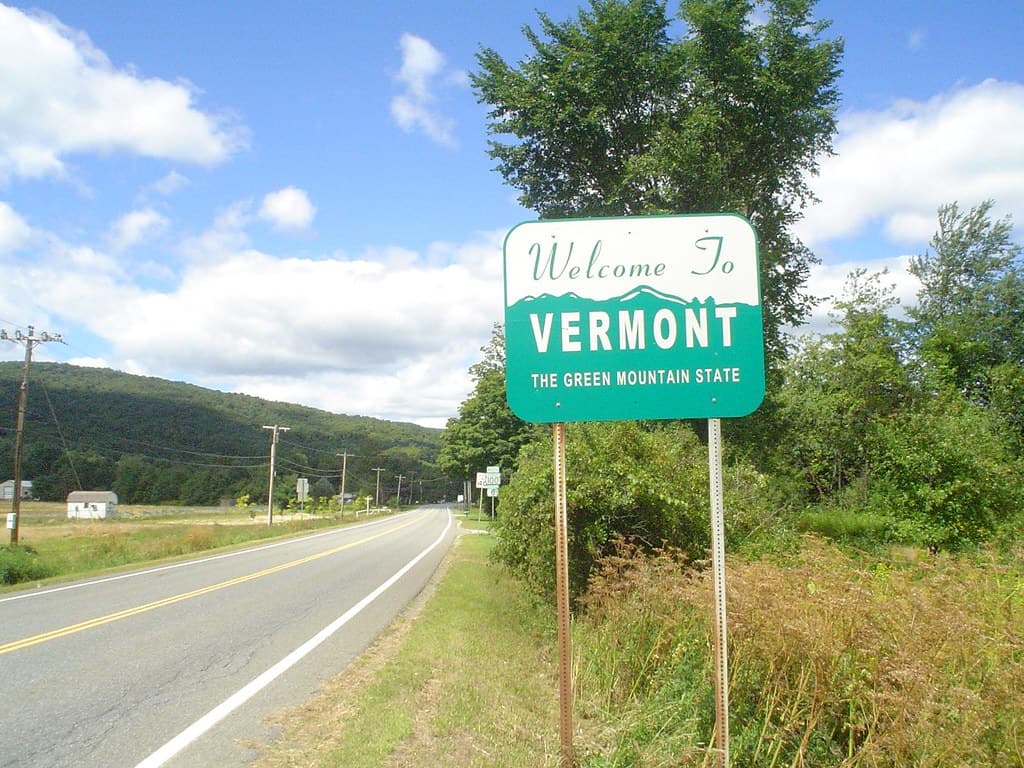Dear Editor,
I’m writing this, to welcome you new residents to Vermont. It’s been an intense year and a half; I’m sure you must feel relieved and grateful for having been able to find refuge and make a new start during such a challenging time.
I, better than most, know what it’s like to pick up and move to a new home. There can be a lot of stress mingled with excitement, as you reconfigure the ways you maintain a connection with the people you’ve known and also begin to meet and spend time with your new neighbors.
I moved 68 times during the first 50 years of my life, setting up homes in some of the most beautiful towns and landscapes in this country. Even though the economies, the spoken dialects, and the concerns of the people who lived in each of these towns varied widely, there were some constants as well.
Usually, the first thing I did was to introduce myself to the people at the post office, library, and insurance office. Next came finding a good car mechanic, a health food store, and hardware store.
I did this not merely for pragmatic reasons, but out of a humble willingness to learn about the mores, customs, and outlooks of my neighbors, and to begin to understand what might be expected of me.
I considered myself to be a guest in their town, and I think that helped put people at ease. I would ask questions rather than make proclamations, seek local help rather than import specialists from outside, and above all gratefully treat my ability to move to the town as a privilege to honor.
To some, this may sound unnecessary and overly quaint. But some things don’t change, especially when it comes to peoples’ reactions to “change” itself. Change creates unknowns, unknowns create stress, and stress becomes manifested within people’s interactions – and this pattern is amplified when it involves a small rural town, or in this case, a small, rural state.
Something as seemingly simple, straightforward, and legally sound as posting one’s land can have far reaching and lasting negative consequences: Land use is one of those tricky issues that involves legal precedent, local assumptions, and community responsibility.
It’s important to remember, people have been moving to and from the Vermont countryside for thousands of years; serially, over time, the Abenaki, the white explorers, the early settlers, and the farmers, loggers, hunters, fisherpeople, and vacation camp owners had to figure out ways to allow change but still get along.
This new wave of immigrants, of which you’re a part, represents merely the latest influx of people to the area.
I bring up land use and the idea of posting property because that often becomes one of the first mistakes people new to the area make. Coming from New Jersey, Connecticut, California, or other densely populated state, it feels natural to stake out what is yours. And if you’re a vegan, animal rights activist, you might see the posting of your land against hunting, fishing, and trapping as being both a legal assertion and a politically moral imperative.
But I would suggest you pause before taking such a drastic step and learn about the traditions associated with the land. It is no less yours if you approach ownership with humility, generosity and curiosity, rather than with arrogance, surety and disregard.
And the same approach is just as important as you begin to take an interest in issues like cell towers, stop signs, school funding, noise ordinances, building codes, and land use. The choice to be humble and to be willing to learn about the history of the land and the needs of the people who are now your neighbors will make whatever change comes along much easier to bear, for all involved.
Lilly Salvia, a former teacher and writer Craftsbury




